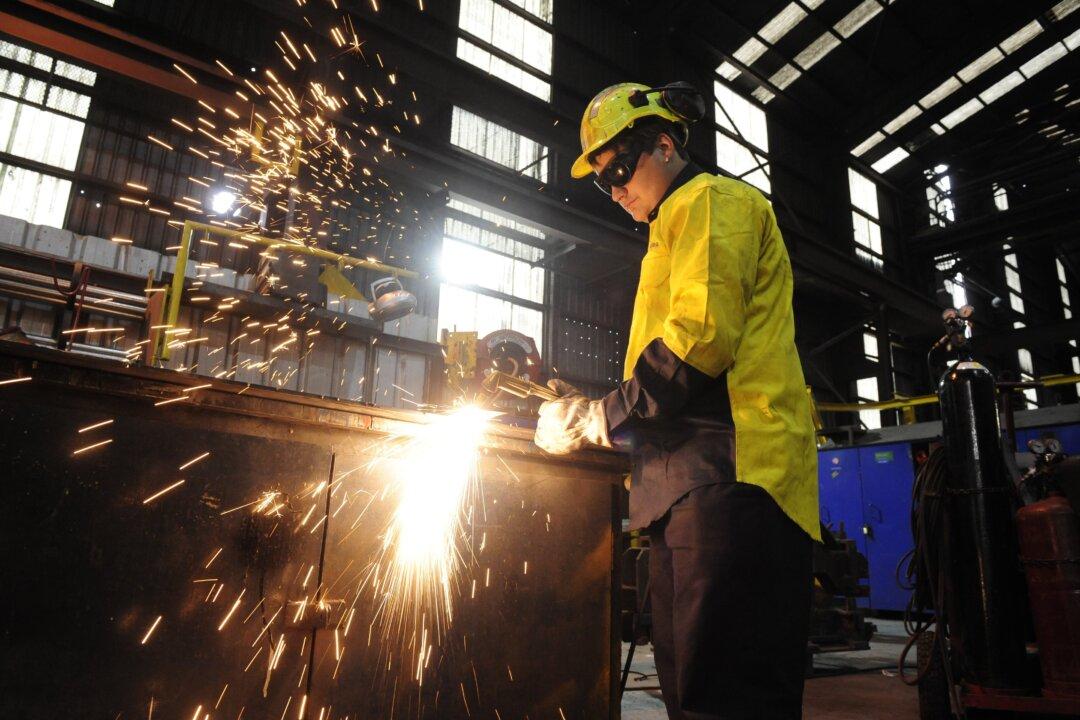Manufacturers in Melbourne’s south-east are calling for the state government to put a freeze on its land tax levy until the “unjustified cash grab” has been investigated through an inquiry.
Honi Walker, chief executive of the South East Melbourne Manufacturers Alliance (SEMMA)—a peak industry association representing over 230 leading manufacturing companies located in southeast Melbourne—said her organisation received numerous complaints about the State Revenue Office (SRO) inflating land values.





